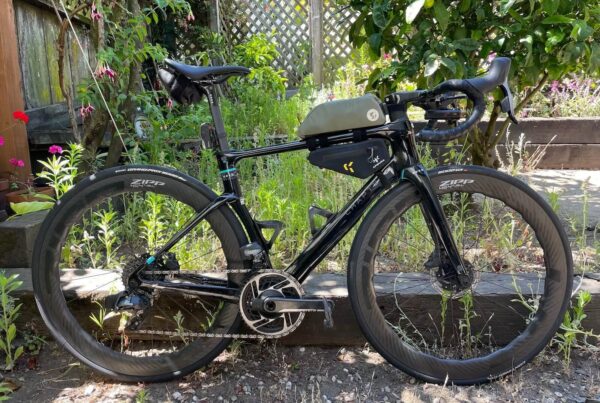This news article featuring Bob Mionske has been reproduced here for our media archives.
By Bob Mionske
1. Traffic laws They apply when you’re on your bike. The exception is Idaho, where cyclists can treat stop signs like yield signs.
2. iPods Most states allow cycling with music players. But just because it’s legal doesn’t mean it’s smart.
3. Brakes Fixed-gear riders, listen up. Most states require brakes on bikes. And even if your state doesn’t, insurance companies can use the absence of brakes to deny accident compensation.
4. Middle fingers The Supreme Court says it’s not obscene, but some local laws might consider the gesture “fighting words.” Our recommendation: Keep all ten fingers on the bars.
5. ID No state requires you to have a driver’s license to ride a bike, but you will usually be required to produce some form of government-issued identification if you’re stopped for a traffic violation. We recommend using your passport and riding in Italy as much as possible.
6. Public peeing The law treats this as if you were drunk outside a bar—you can get cited for it anywhere.
7. BUI Many states have strict laws against bicycling under the influence—Oregon, for instance, applies the same penalties for BUI as DUI. Seattle bar-hoppers get off easy, though: In Washington State, you cannot be arrested, no matter how drunk you are—although you can be taken into protective custody.
8. Helmets There’s some form of helmet law in every state (for a complete list, visit the Bicycle Helmet Safety Institute at helmets.org).
9. Visibility Most states require lights and reflectors in low-visibility conditions, though almost any light, no matter how dim, will suffice.
10. Insurance There are no comprehensive policies for cyclists available in the U.S. However, you can piece together solid coverage from your existing policies: homeowner’s (theft), medical (injury), and auto (liability and injury).
A two-time Olympic cyclist, attorney Bob Mionske is the author of Bicycling & the Law.



